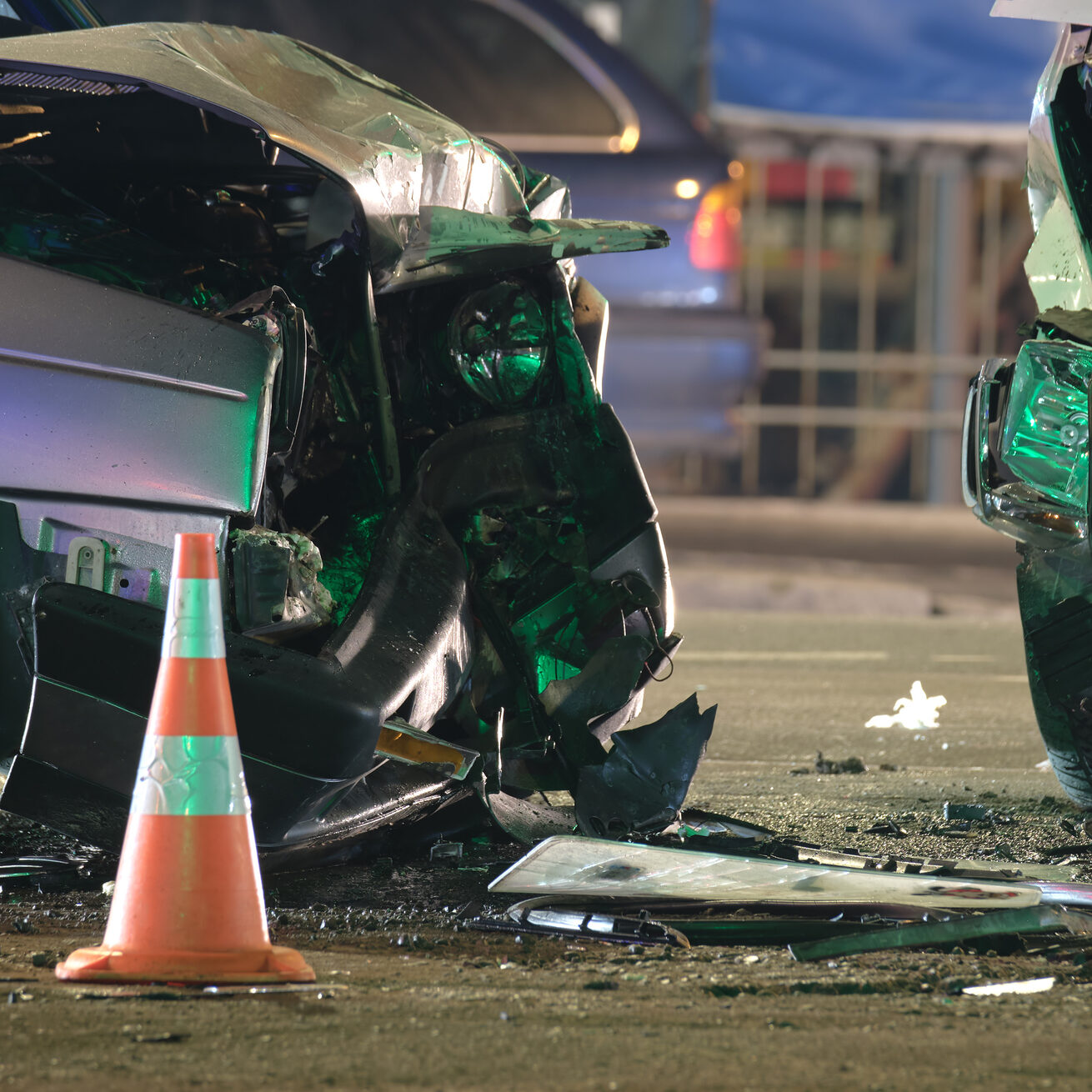
Florida First DCA Reverses $28.6 Million Judgment and Emphasizes that Alleged Violations of the Florida “Dram Shop” Act are Negligence Actions
Overview | Blog Posts | First-Party Coverage | Barry Burkett | Related | Print | Share
February 23, 2022
The effects of alcohol-impaired driving as it concerns life and limb are well-documented. Indeed, more often than not, the policy limits for the responsible party’s insurance policy are inadequate to compensate the injured party, and in some unfortunate circumstances their family, following these accidents. This is where Florida’s “Dram Shop” statute, which is codified at section 768.125, Florida Statutes (2021), comes into play. This statute imposes civil liability against bars, restaurants, and other business establishments if they provide alcohol under certain circumstances to a patron who later causes an accident that harms someone else. Thus, both vendors and their insurance carriers should be aware of this statute to ensure that the necessary policies and procedures are in place to limit exposure to liability.
One of these circumstances is if a vendor willfully and unlawfully sells or furnishes alcoholic beverages to a minor and the minor injures another due to being in an intoxicated state (which is known as the “minor exception”).1 If the plaintiff carries his or her burden in proving a violation of section 768.125, a vendor is derivatively liable for all of the harm that its underage patron’s actions or omissions cause to another. Violations of section 768.125 may also result in punitive damages. Accordingly, affirmative defenses, such as comparative fault and the alcohol defense,2 if applicable, may be critical in limiting a vendor’s exposure to an exceedingly large damages award or, in rare instances, avoiding liability altogether.
The utilization of the aforementioned defenses was the central issue in Mainstreet Entertainment Inc., d/b/a Potbelly’s v. Guardianship of Jacquelyn Anne Faircloth, No. 1D19-4058, 2022 WL 390775 (Fla. 1st DCA Feb. 9, 2022). This case arose from an accident that occurred in November 2014 after a 20-year old, the tortfeasor, was served alcohol at one bar while an 18-year old, the injured party, was served alcohol at a different bar. The bar that served alcohol to the tortfeasor was precluded from using the comparative negligence and the alcohol defenses at trial. The jury returned a $28.6 million judgment against the bars. As a result, Potbelly’s appealed the judgment to the First District Court of Appeal on the issue of whether a vendor can utilize the comparative fault and the alcohol defenses when a separate vendor is found to have also been in violation of section 768.125, and both are derivatively liable for their underage patrons’ actions. The appellate court answered in the affirmative.
Relying on the Florida Supreme Court cases Migliore v. Crown Liquors of Broward, Inc. 448 So. 2d 978 (Fla. 1984) and Armstrong v. Munford, Inc., 451 So. 2d 480, 481 (Fla. 1984), the appellate court rejected the Guardianship’s argument that a violation of section 768.125 is an intentional tort, noting that section 768.125 does not create a cause of action and operates as “a limitation on the already existing liability of vendors of intoxicating beverages.” In addition, the Court emphasized that the fact that a vendor must be found to have “willfully and unlawfully” sold or furnished alcohol to an underage patron does not convert a violation of section 768.125 into an intentional tort. Rather, this violation constitutes negligence per se and gives rise to an action for negligence. Thus, because each bar’s liability is derived from the active negligence of its underage patron, the Court held that each bar could utilize the comparative fault defense to allocate fault between each other by imputing to each other the active negligence of their respective underage patron. Further, because the trial court’s identification of a violation of section 768.125 as an intentional tort precluded application of the alcohol defense, the appellate court reversed on this issue as well.
The dissenting opinion was not persuaded by the majority’s reasoning that a violation of section 768.125 is a negligence action. Comparing the “minor exception” of section 768.125 with the “habitual drunkard exception,” the dissent emphasized that the habitual drunkard exception only requires that a vendor knowingly sell or furnish alcohol while the minor exception requires that a plaintiff prove both unlawfulness plus willfulness, separating it from that of a simple negligence action. Further, contrary to the majority’s opinion, the dissent, citing to Booth v. Abbet Rd. Beef & Booze, Inc., 532 So. 2d 1288, 1290 (Fla. 4th DCA 1988), emphasized that the purpose of section 768.125 was not to reduce the liability of a vendor who willfully and unlawfully served alcohol to minors, and the fact that one vendor or two vendors violated section 768.125 is a “meaningless distinction.”
The ramifications of this case are highly significant as a vendor in a dram shop liability action can avoid application of joint and several liability, which still applies to intentional torts in Florida, when another vendor is involved. As it concerns the outcome of this case, it will be interesting to see the practical effect, if any, the use of the comparative fault and alcohol defenses will have on remand.
1 In Florida, a vendor of alcoholic beverages who knowingly serves a person habitually addicted to the use of alcoholic beverages may become liable for injury or damage caused by or resulting from the intoxication of such person (which is known as the “habitual drunkard exception”).
2 Florida’s alcohol defense is codified at section 768.36(2), Florida Statutes (2021).
For more information, please contact Barry Burkett.



